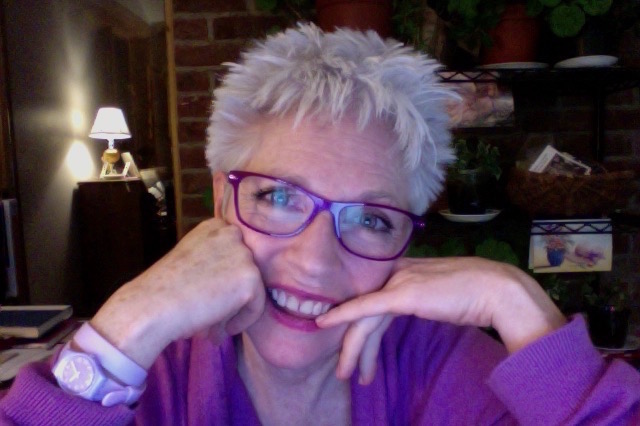
Alzheimer’s disease touched my life before I was even born.
My paternal grandfather had it. Several of my maternal grandfather’s sisters had it. Both my aunts had it; my uncle has it too. My mother had it, and I cared for her in various ways for a decade. Mom died on August 17, 2016. The way I understand the disease and the people who have it has been transformed by my personal experiences. The mistakes I’ve made as well as the things I have seen and heard as care partner have compelled me to become a vocal advocate for better care.
We need a more humane, more personal, more positive approach. I believe people living with dementia should be given every opportunity to enjoy a purposeful last chapter. Compassionate care is not about ethics statements on walls, or pretty pictures of smiling old people in corporate brochures and on websites. It’s about what we do. It’s about caring for people in respectful, loving ways. It’s about engaging them with life and respecting their dignity.
Here’s a little video intro I did in 2020:
I believe person-centered care should be actually delivered instead of being given lip service as it is in many long-term care facilities, nursing homes and memory care units. I believe private and institutional care for the elderly must radically change in Quebec, the Canadian province in which I previously lived, in Ontario, where I live now, and in the rest of Canada as well as the rest of the world. We can do better. Much better. There are people and places providing excellent care. Let’s learn how they do it. Let’s follow their example, apply their models, use their experience to create a world in which people who have dementia can continue to live meaningful lives.
I am appalled by the way antipsychotic medications such as quetiapine (Seroquel) and risperdone (Respirdal) are used to sedate vulnerable elderly people like my mom to make them quiet and compliant for the sake of convenience and cost reduction. Most responsive behaviours exhibited by people who live with dementia are rational responses to unmet needs and unsuitable environments. Elderly people with dementia should not be given antipsychotic medications unless and until all other non pharmacologic avenues have been tried. Natural care partners and paid care workers should be trained in effective care skills, and empowered to use them.
This blog is a platform for my advocacy for positive tools, techniques and strategies, and against the inappropriate use of antipsychotic drugs in dementia care. If you like what you see and read, I invite you to subscribe for free. What you will get is an eclectic mix of passionate advocacy, personal stories, powerful poetry and practical strategies, tips and techniques that support person-centered care.
Besides being a blogger, I’m a trainer and a personal dementia care coach. If you would like to benefit from my workshops or my one-on-one personal coaching by telephone or Skype, please use the form below to contact me. I provide coaching and workshops on a not-for-profit basis, and only through donations to my blog.
Thanks for visiting and I invite you to subscribe to My Alzheimer’s Story, Please note that the views expressed on this blog are entirely my own.
Susan
No Medical Advice
Information and other content included on this Site is for general informational and educational purposes only and is not meant to be a substitute for the advice provided by a professional health care provider. You may not use or rely on any information contained on the Site for diagnosing a health or medical problem or disease. Comments made by others, and approved for posting on MyAlzheimersStory.com are opinions of the authors, and do not represent the opinions of Susan Macaulay. You should always consult a professional health care provider regarding any health or medical condition, prevention, or treatment. Do not delay or disregard seeking professional medical advice on account of something you have read on MyAlzheimersStory.com
© 2013/14/15/16/17 Susan Macaulay
All rights reserved. Subject to the Copyright Act 1968, no part of this online website may be reproduced, stored in a retrieval system, or transmitted in any form, or by any means, electronic, mechanical, photocopying, printed, recording or otherwise, without the prior written permission of the author Susan Macaulay.



My mom was diagnosed at 62 she is 70 today. Her first cousin had it 20 years ago and died from it in her 70’s I believe. I was asked from the memory loss center for exploratory tests and treatment & so far have not, how do you feel about that?
LikeLike
So far I have no symptoms, but I have been to be tested myself. See here: I remember today
LikeLike